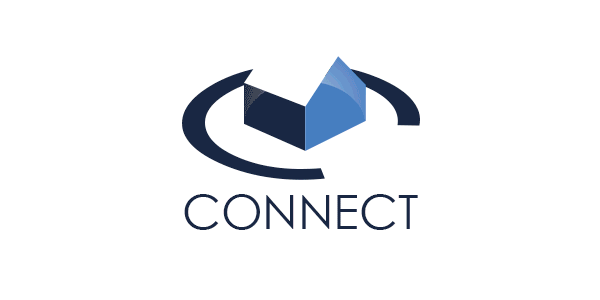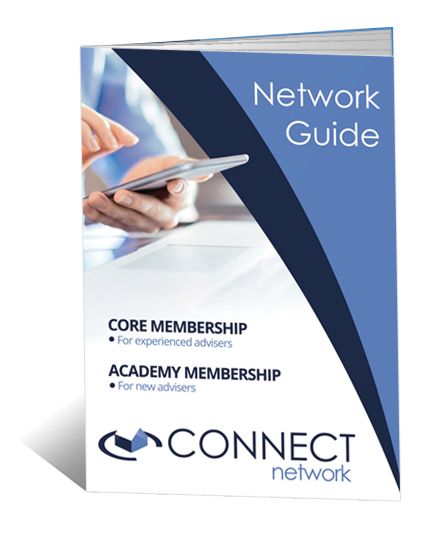Understanding Second Charge Mortgages
A second charge mortgage, often referred to as a secured loan or homeowner loan, allows you to access the equity in your property. This could be your primary residence, a rental property, or even commercial premises. Many individuals use these loans for purposes such as home improvements, starting a business, clearing debts, or funding education fees. Importantly, this type of financing can be arranged quickly, often within a few days, making it ideal for urgent financial needs.
Why Opt for a Second Charge Mortgage?
Second-charge mortgages are secured against your property’s value rather than primarily based on your income. Consequently, the application process can be faster and less complicated than a first-charge mortgage. Lenders can approve these loans swiftly since the focus is on property value rather than detailed income assessments. In many cases, funds are released within 5 to 14 days, although it may take up to a month in some instances.
These loans are beneficial for those with a favourable primary mortgage rate and wish to avoid remortgaging. Additionally, borrowers with less-than-perfect credit scores may find this type of loan easier to obtain due to reduced reliance on income verification.
When to Consider a Bridging Loan
A second charge bridging loan may be more appropriate when even faster funding is required. These loans are designed for short-term needs, such as urgent property purchases, auction payments, or quick renovations. With bridging loans, applications are processed faster, and funds can be released in a matter of days.
This flexibility makes bridging loans suitable for time-sensitive investments, particularly when traditional second-charge mortgages cannot meet tight deadlines. If you are unsure which option suits your needs, consulting a specialist financial adviser can provide valuable guidance.
How Does a Secured Loan Work?
A secured loan is backed by your property, which serves as collateral for the lender. While this reduces risk for the lender and often results in lower interest rates, borrowers must be aware of the risks involved. Failure to keep up with repayments could lead to repossession of the property.
For instance, borrowing £10,000 at 10% interest over five years may result in £2,720 in total interest payments. Extending the term to 20 years reduces monthly repayments but increases total interest to £13,040. Hence, it is vital to assess affordability and repayment plans carefully before proceeding.
The Application Process
Applying for a second-charge mortgage involves evaluating your property’s equity and submitting basic financial details. The process is often simpler than applying for a first mortgage, particularly for those with existing loans or self-employed income streams.
Working with a financial broker can further streamline the application. Brokers identify the best rates and handle paperwork and negotiations with lenders. Their expertise can save you time and stress while ensuring compliance with lending criteria.
Advantages of Using a Broker
Specialist brokers have access to the entire market, allowing them to compare products and secure the best terms. They can also assist with applications for regulated loans, which provide additional consumer protections. Brokers simplify the process, ensuring you meet deadlines and avoid common pitfalls.
Key Considerations Before Applying
Before committing to a second-charge mortgage, evaluating costs, risks, and repayment terms is important. Ensure that monthly repayments are affordable and assess the impact of interest rates over time. It is also advisable to seek advice from a regulated financial adviser.
Second-charge mortgages provide a quick and flexible way to access property equity for various purposes. Whether funding home improvements, consolidating debts, or making investments, these loans can be tailored to meet your needs. For even faster financing, second-charge bridging loans may be the right solution.
However, careful planning and professional advice are crucial to avoid financial difficulties. With the help of an experienced broker, you can confidently explore your options and secure the funding you require. For more details, visit the Financial Conduct Authority or consult a licensed mortgage adviser.
Thank you for reading our publication, “How to Secure a Fast Second Charge Mortgage?.” Stay “Connect“-ed for more updates soon!




